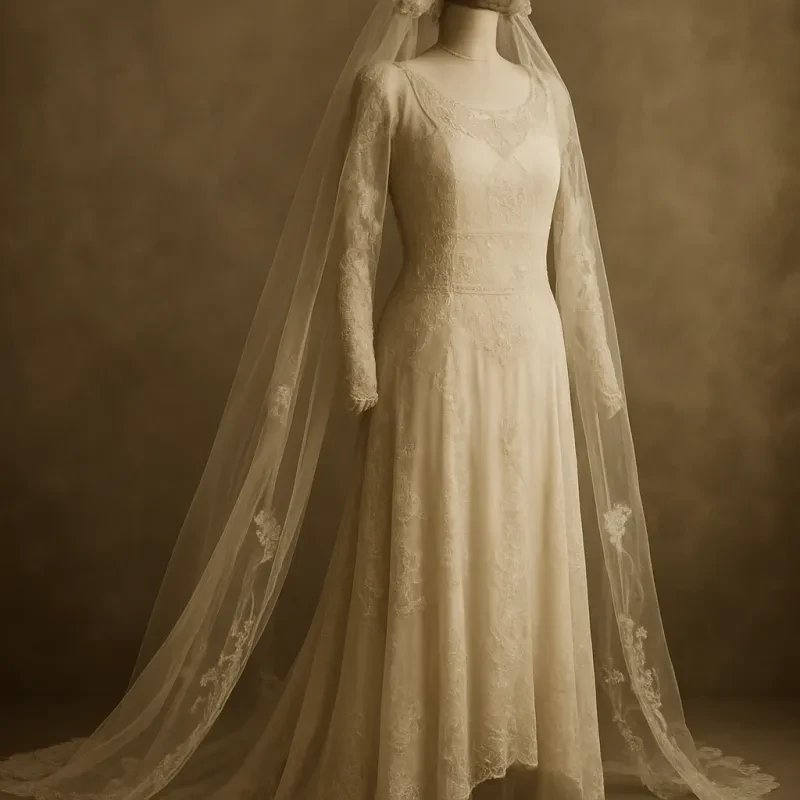Coco Chanel, born Gabrielle Bonheur Chanel in 1883, had a tumultuous start in life. Growing up in a humble background in Saumur, France, Chanel was faced with the harsh realities of poverty and loss. Her father's early death left the family struggling to make ends meet, resulting in Coco and her siblings being placed in an orphanage by their mother.
Despite the difficulties she faced, Chanel's early experiences shaped her resilient spirit and paved the way for her eventual liberation. While in the orphanage, she learned the art of sewing from the nuns, igniting her passion for fashion and craftsmanship. This skill became the cornerstone of Chanel's future success and would revolutionize the world of feminine clothing.
As Chanel entered young adulthood, she began working as a cabaret singer, adopting the name "Coco" during this time. However, her true breakthrough came in 1910 when she opened her first boutique on the prestigious Rue Cambon in Paris. This marked the beginning of an era in which Chanel liberated women from the constraints of corsets and restrictive clothing.
The Birth of the Little Black Dress: Iconic Elegance Redefined
One of the most enduring and timeless contributions of iconic fashion designer Coco Chanel is the creation of the little black dress. Born out of a desire to redefine elegance and challenge the restrictive fashion norms of the early 20th century, the little black dress revolutionized women's fashion and remains a staple in every fashion-conscious woman's wardrobe.
Chanel introduced the little black dress in the 1920s, a period marked by societal changes and the rise of women's liberation. Prior to this, black garments were only considered appropriate for mourning occasions. Chanel, however, saw the potential of black as a color that exuded sophistication and simplicity, capable of enhancing a woman's natural beauty.
The little black dress offered women a versatile and practical option that could easily transition from day to night, catering to the modern woman's desire for freedom and empowerment. Its simple yet elegant design allowed for individual expression through the use of various accessories, making it a blank canvas for personal style. This revolutionary concept not only challenged the conventions of the time but also set a new standard for femininity that resonates to this day.
Breaking Boundaries: Chanel's Bold Reimagining of Fashion
When we talk about trailblazing fashion designers, Coco Chanel's name always tops the list. She was not only a visionary, but also a woman who dared to break the boundaries of conventional fashion. Chanel revolutionized the essence of femininity, introducing a new wave of elegance and comfort that forever changed the industry.
One of the groundbreaking elements of Chanel's designs was her introduction of the iconic little black dress. In a time when black was associated with mourning, Coco Chanel defied societal norms by embracing the color and transforming it into a symbol of sophistication and timeless beauty. The little black dress instantly became a staple in every woman's wardrobe, allowing them to exude confidence and elegance.
Another aspect that showcased Chanel's bold reimagination was her use of menswear-inspired fashion. Women were no longer confined to corsets and frilly dresses; Chanel introduced comfortable and androgynous styles that allowed freedom of movement and challenged traditional notions of femininity. By blending elements of menswear with feminine silhouettes, she created a unique and empowering fashion statement that resonated with women around the world.
The Legacy Lives On: Chanel's Enduring Feminine Revolution
When it comes to the world of fashion, few names are as legendary as Coco Chanel. Born in 1883, this extraordinary French designer revolutionized the essence of femininity and left an indelible mark on the industry. Chanel's bold and innovative approach challenged societal norms and empowered women to embrace their individuality and break free from the constraints of traditional fashion.
One of Coco Chanel's most iconic contributions was the liberating concept of the little black dress. Prior to her revolutionary design, black was associated with mourning and had no place in women's fashion. However, Chanel embraced this color, transforming it into a symbol of elegance, simplicity, and sophistication. Her vision for the little black dress was not only a fashion statement, but also a manifestation of women's liberation from the constraints of corsets and overpowering ornate gowns.
Beyond the little black dress, Chanel introduced other groundbreaking innovations. She popularized trousers for women, which were previously considered exclusively masculine attire. Chanel's pantsuits not only challenged gender norms, but also provided women with newfound comfort and mobility. Additionally, she revolutionized accessories by creating the iconic Chanel handbag, still highly coveted today. With its quilted leather and signature chain strap, this bag has become a timeless representation of luxury and style.
Note: Each section title should be followed by a detailed section discussing the respective topic.
Throughout history, there have been numerous influential figures who have transformed the world we live in. One such individual is Gabrielle “Coco” Chanel, an iconic fashion designer and businesswoman who played a pivotal role in reshaping the concept of femininity. Chanel’s bold and revolutionary approach to clothing challenged societal norms, empowering women to embrace comfort, simplicity, and elegance. This article dives into the life and legacy of Coco Chanel, highlighting her significant contributions in the fashion industry and her profound impact on the way women perceive themselves and their roles in society.
The Life and Times of Coco Chanel
Born in 1883 in Saumur, France, Coco Chanel had a humble beginning. Her childhood was marked by loss and struggle, as she grew up in an orphanage after her mother’s death and her father’s abandonment. However, Chanel possessed an innate sense of style and a strong desire to break free from conventional expectations. She rose to prominence in the early 20th century, introducing revolutionary ideas in fashion that shattered the restrictive norms of the time. Chanel’s determination and forward-thinking nature propelled her to establish the fashion empire that endures to this day.
Redefining Femininity in Fashion
At a time when women’s fashion emphasized corsets, heavy fabrics, and excessive ornamentation, Coco Chanel dared to challenge these practices. She believed that clothing should provide both comfort and elegance, aiming to liberate women from the constraints of constricting corsets and impractical attire. Seeking inspiration from men’s fashion, Chanel introduced loose-fitting garments, such as her iconic little black dress and tailored suits, which became staple items in women’s wardrobes. By embracing simplicity and functionality, Chanel’s designs empowered women, enabling them to move with ease and feel confident without sacrificing their femininity.


